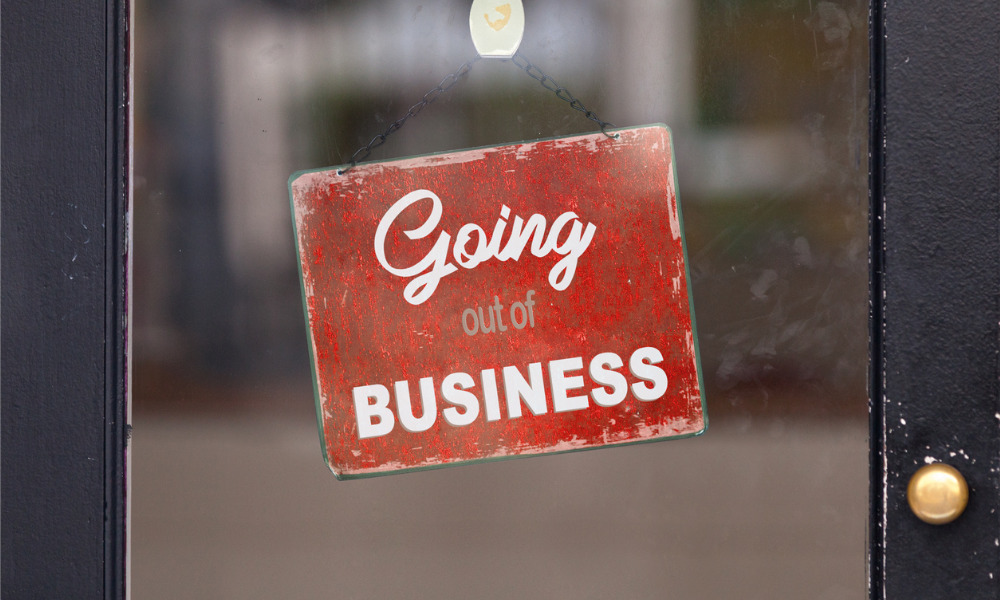
Despite their best efforts, most are struggling to survive. What can HR do?

Leaders from more than half of small and medium-sized businesses (SME) believe their company can only survive for another six months, found a new study.
Findings showed that the drastic cost-cutting measures they’ve taken will not be enough to help them tide through the COVID-19-related recession.
Despite availability of government relief programs, most businesses in the US said they’re having trouble securing the emergency funding needed to keep them afloat.
Businesses are doing what they can to keep the engine running, with HR and leaders forced to take drastic measures like:
Additionally, 31% of HR leaders have reassigned employees to different roles, as small businesses reprioritise stretched resources to mission-critical tasks, found GetApp. This means marketing budgets have also been slashed (42%) and vendor contracts de-prioritised (32%).
READ MORE: COVID-19: 5 questions for business leaders
Crisis management
Beyond cutting costs, HR leaders have also been pushed to prioritise crisis communications. Most have worked with management to provide credible and accurate information to employees.
However, the study found that one in five businesses have completely neglected communications around the impact of COVID-19. Also, only a third of businesses have created a resource hub for their employees.
“Clearly, small businesses are under enormous pressure – but so are employees,” said Zach Capers, senior content analyst at GetApp. “Productivity is difficult to maintain while dealing with the challenges of sheltering in place, particularly when caring for children while doing so.”
READ MORE: How has COVID-19 affected employee well-being?
What’s worse, onsite employees and essential workers without the luxury of working from home are forced to cope with the fear of getting the virus daily while carrying out their duties, he said.
“Adding to stress, economic turbulence stirs anxieties about job security and the loss of healthcare coverage,” he said. “Employees left in the dark about their company’s outlook and mitigation plans will assume the worst.
“Small business leaders must communicate clearly and openly regarding COVID-19 impacts to their business, the steps the company is taking to address them, and the support available to employees.”